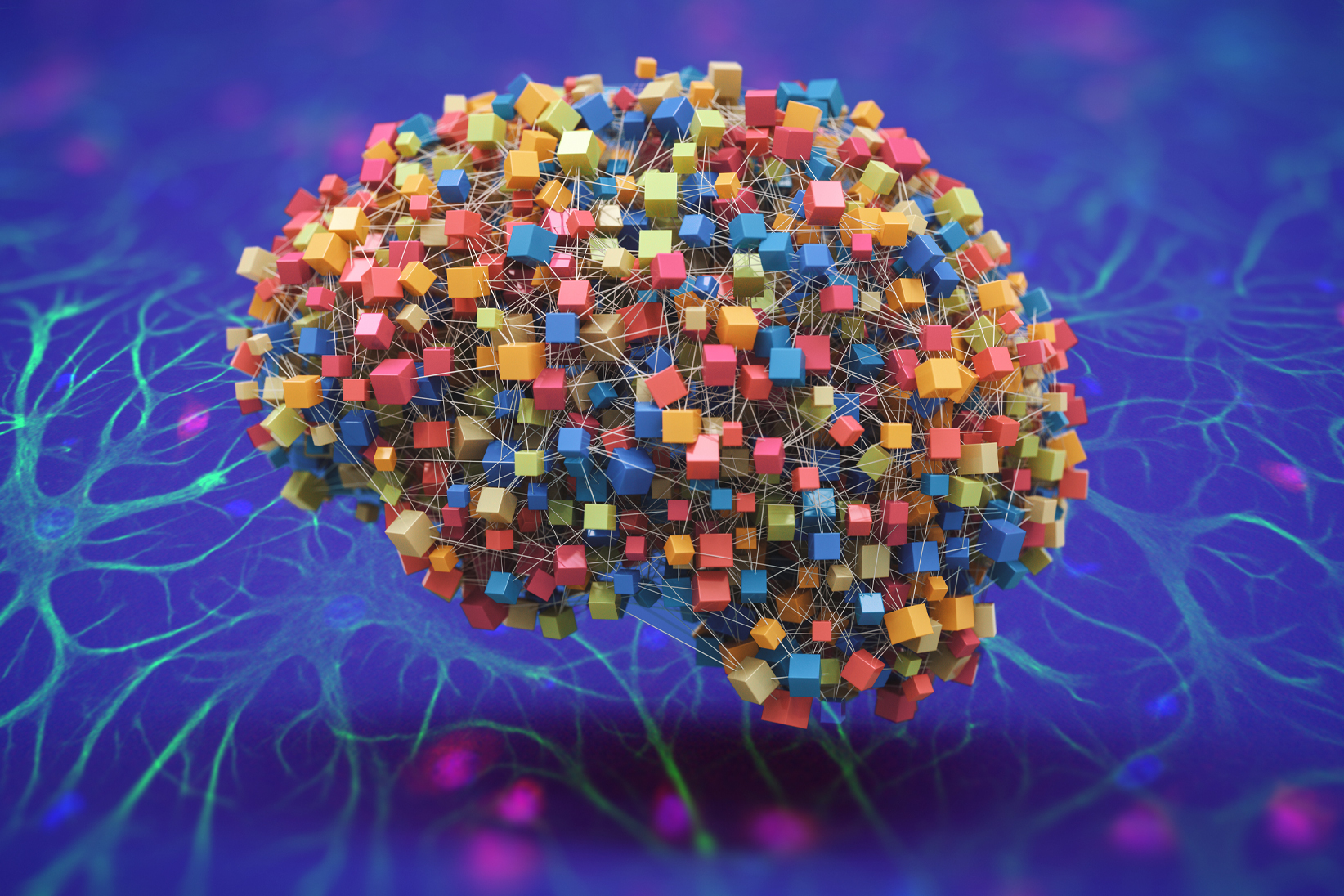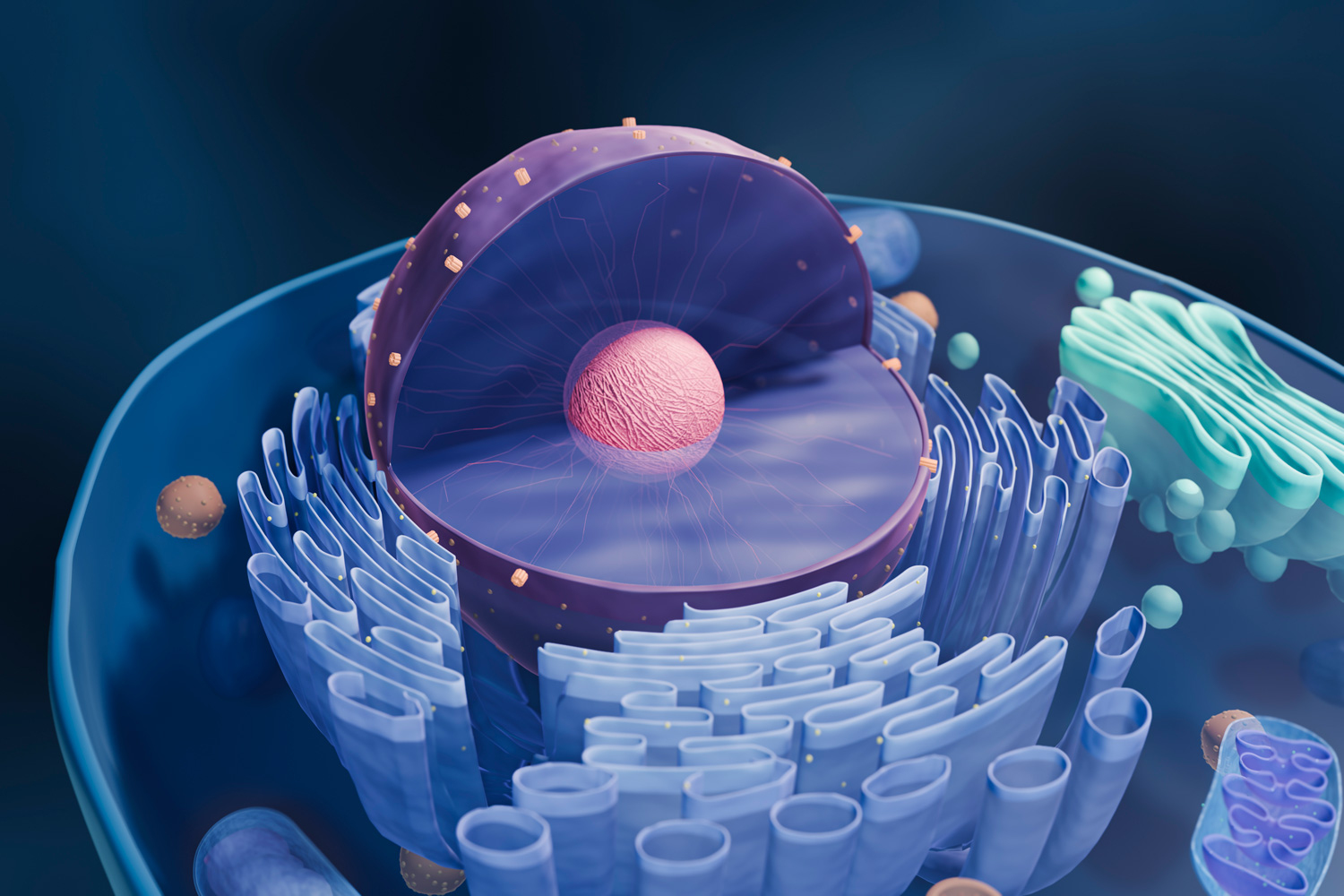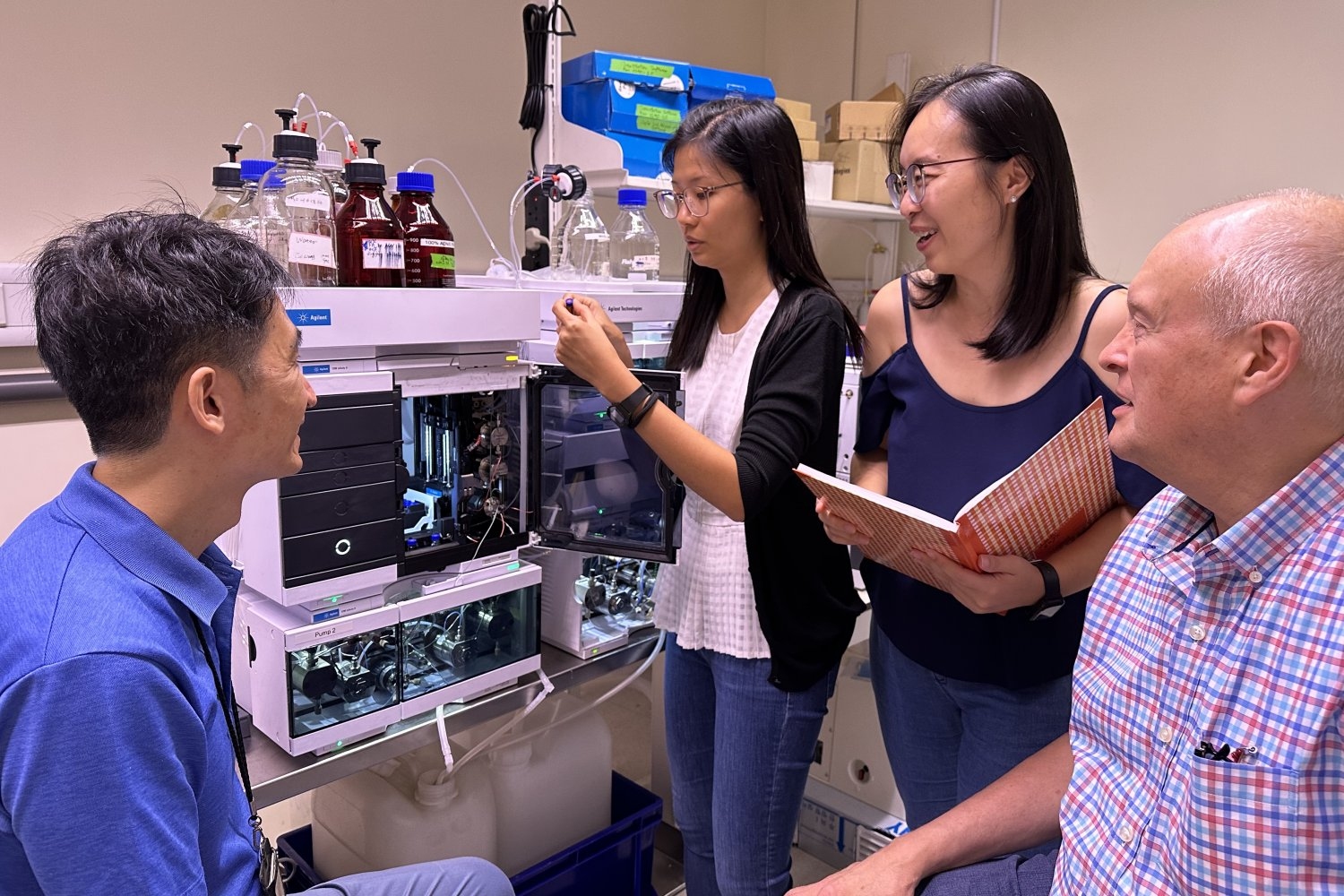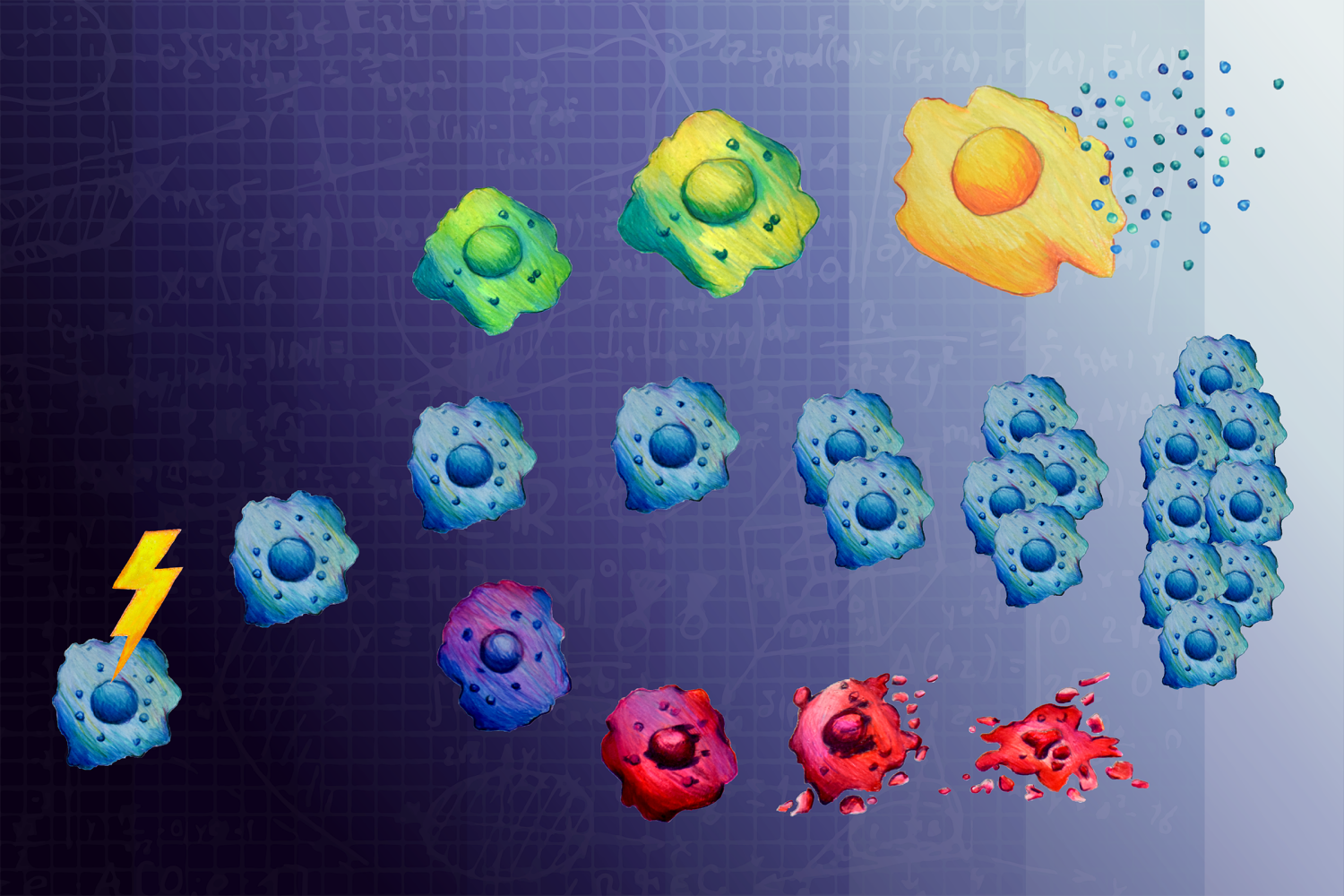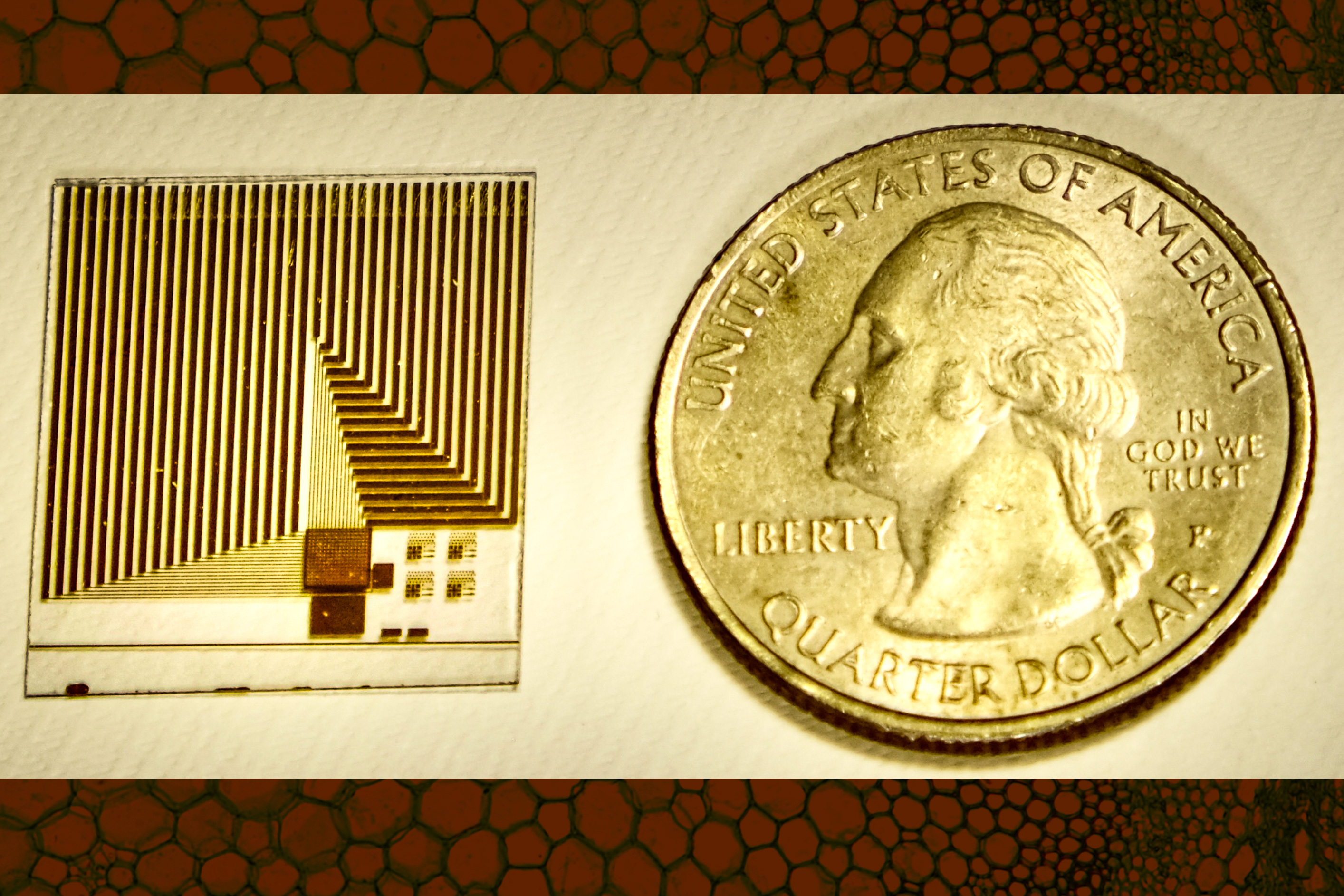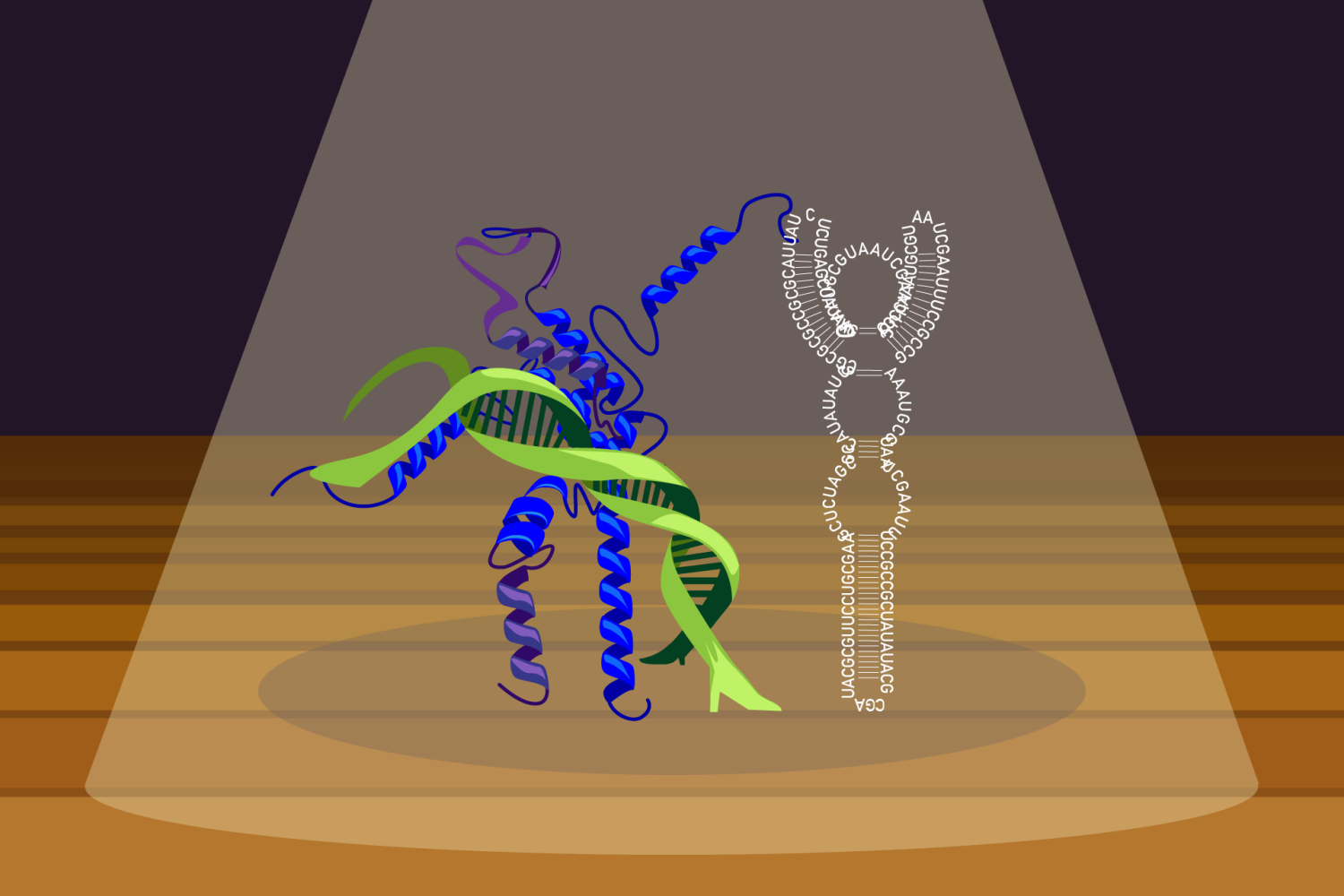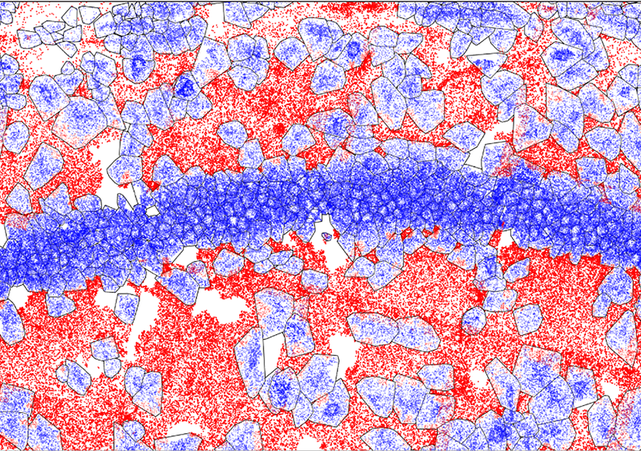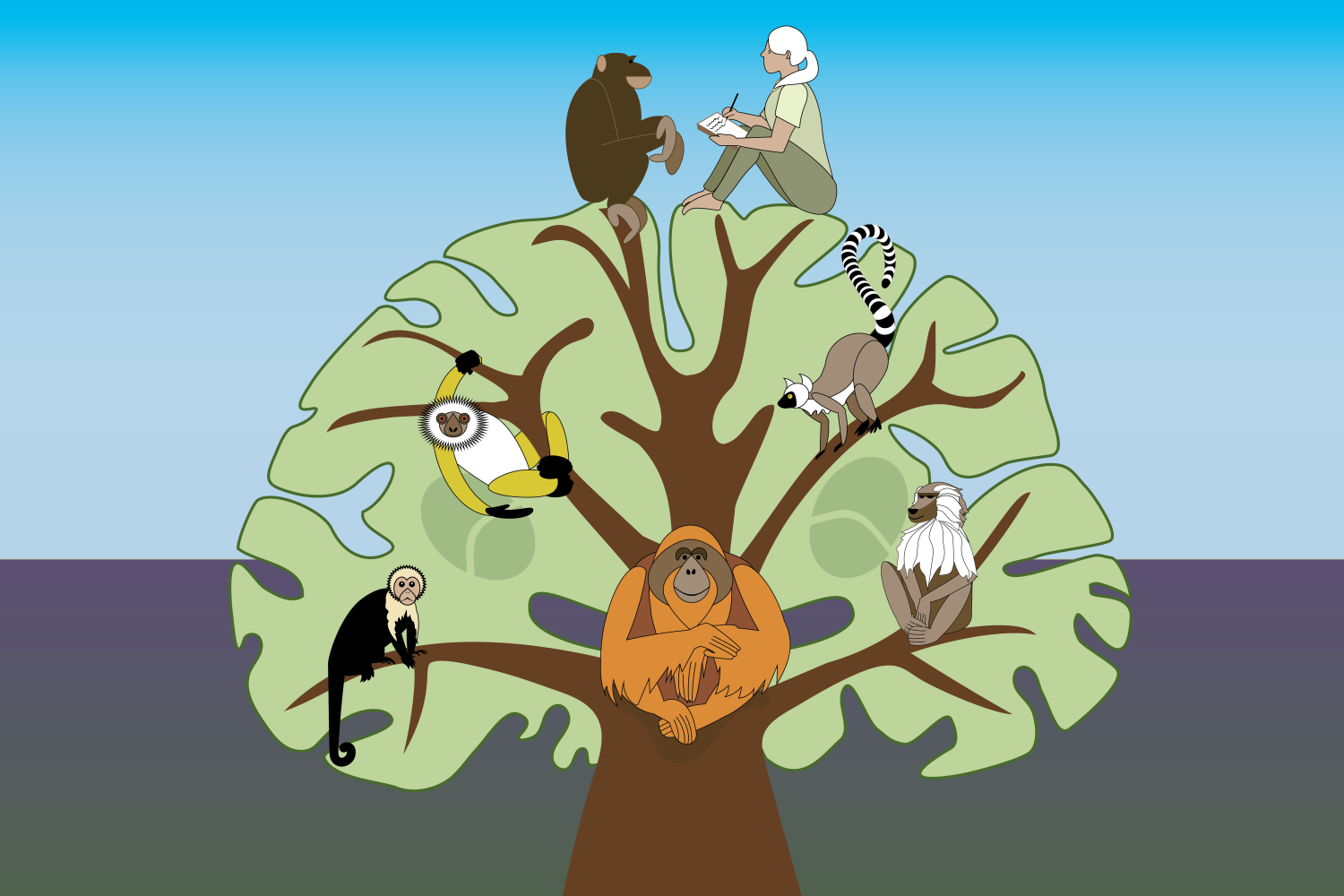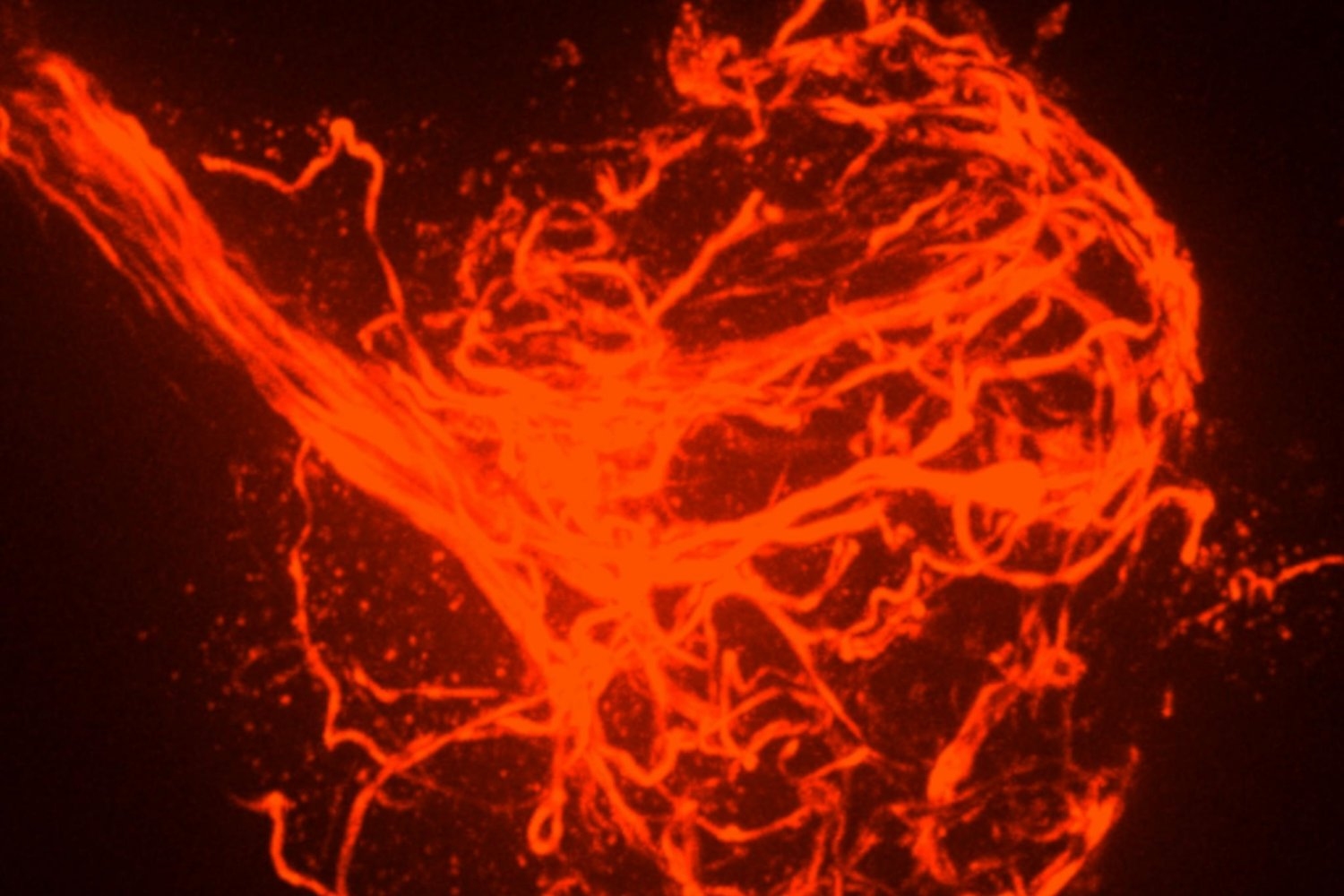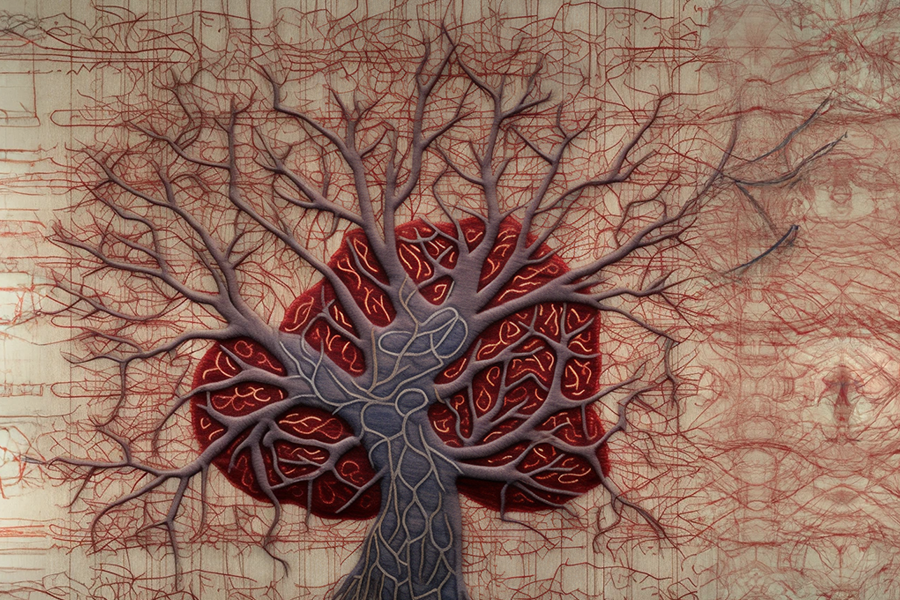It takes three to tango: transcription factors bind DNA, protein, and RNA
Whitehead Institute researchers find many transcription factors bind RNA, which fine-tunes their regulation of gene expression, suggesting new therapeutic opportunities.
Greta Friar | Whitehead Institute •
mit
July 17, 2023 • ~7 min
July 17, 2023 • ~7 min
Scientists pinpoint where thousands of individual proteins are made in intact tissue and single cells
A new technology called RIBOmap can give researchers valuable insight into how protein production in animal and human tissue is altered in disease.
Sarah C.P. Williams | Broad Institute •
mit
July 14, 2023 • ~6 min
July 14, 2023 • ~6 min
Without a key extracellular protein, neuronal axons break and synaptic connections fall apart
Scientists find a protein common to flies and people is essential for supporting the structure of axons that neurons project to make circuit connections.
David Orenstein | The Picower Institute for Learning and Memory •
mit
June 23, 2023 • ~7 min
June 23, 2023 • ~7 min
Atlas of human brain blood vessels highlights changes in Alzheimer’s disease
MIT researchers characterize gene expression patterns for 22,500 brain vascular cells across 428 donors, revealing insights for Alzheimer’s onset and potential treatments.
Rachel Gordon | MIT CSAIL •
mit
June 21, 2023 • ~17 min
June 21, 2023 • ~17 min
/
9

